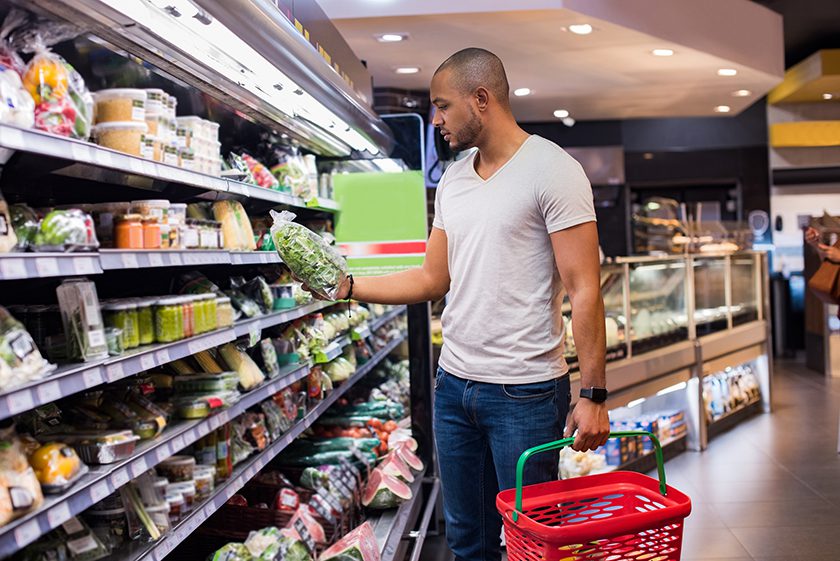By Michele Learner
For many people, struggles with the COVID-19 pandemic and its many impacts beyond health continue to consume a great deal of time and energy. The availability of vaccines has made it possible for people in high-income countries to resume many aspects of their normal lives. There are still many countries that have little or no access to vaccines, and—a different problem that nonetheless has a similar effect—too many people in some high-income countries have not yet decided to get the vaccine.
Thus, what the pandemic looks like and the limitations it imposes will change, sometimes dramatically, with specific locations. The scientific and medical fields that concentrate on preventing and treating COVID-19 are also changing rapidly. It is unclear how many variants (changes caused by mutation) will emerge and how dangerous they will prove to be. Global vaccine equity matters to individuals and families, of course, but also to people all over the world. This is because as fewer people are transmitting the virus and inadvertently providing opportunities for mutation, the chances that humanity will ultimately be able to contain and manage COVID-19 will improve.
While containing the pandemic would undoubtedly make it easier for people to rebuild their lives and for humanitarian workers to reach people in need, Bread members as anti-hunger advocates know that, particularly for pregnant women and children under 2, malnutrition and hunger cannot wait until other things fall into place. Access to health care and nutritious food, with priority given to those in the 1,000 Days between pregnancy and age 2, is essential.
Recent blog posts include a look at key messages from the recently published assessment of hunger’s increase in 2020, The State of Food Security and Nutrition in the World, as well as a look at how Black farmers, despite pervasive discrimination for generations, are advocating for their needs, including by contributing to the U.N. Food Systems Summit to be held in September.
Institute Insights readers may recall from earlier mentions that a food system, sometimes summed up as “from farm to fork,” is a term for all the various steps involved in producing, transporting, preparing, and consuming food. Clearly, Bread’s mission of ensuring that all people have sufficient nutritious food calls for a strong and reliable food system.
The goal of the Food Systems Summit is to alert the global community to the need to identify sustainable solutions to the major problems of the global food system. Organizers explain: “Too many of the world’s food systems are fragile, unexamined, and vulnerable to collapse, as millions of people around the globe have experienced firsthand during the COVID-19 crisis.” The changes needed in the global food system must be made by stakeholders working in partnership.
The principles that the Food Systems Summit has adopted for its work echo some of the concepts that are fundamental to the Sustainable Development Goals (SDG) process, such as leaving no one behind and reaching the most vulnerable people first. Ideally, global and national food systems should prioritize human health and well-being, resilient livelihoods, and good stewardship of natural resources, all while respecting local cultures and contexts. Partners working to improve food systems must recognize the reality that these systems are complex and require a systemic approach because they impact human and animal health, land, water, climate, biodiversity, the economy, and other systems.
Finally, the Summit’s organizers emphasize the need for nations and communities to be inclusive. Food systems transformation efforts need to “bring in diverse perspectives, including indigenous knowledge, cultural insights, and science-based evidence to enable stakeholders to understand and assess potential trade-offs.”
Adopting practices that support the idea of “building forward better” when it comes to food systems at all levels will help people recover from the global pandemic more quickly and set the stage for significant, sustainable progress toward ending hunger.
Michele Learner is managing editor with Bread for the World Institute.



